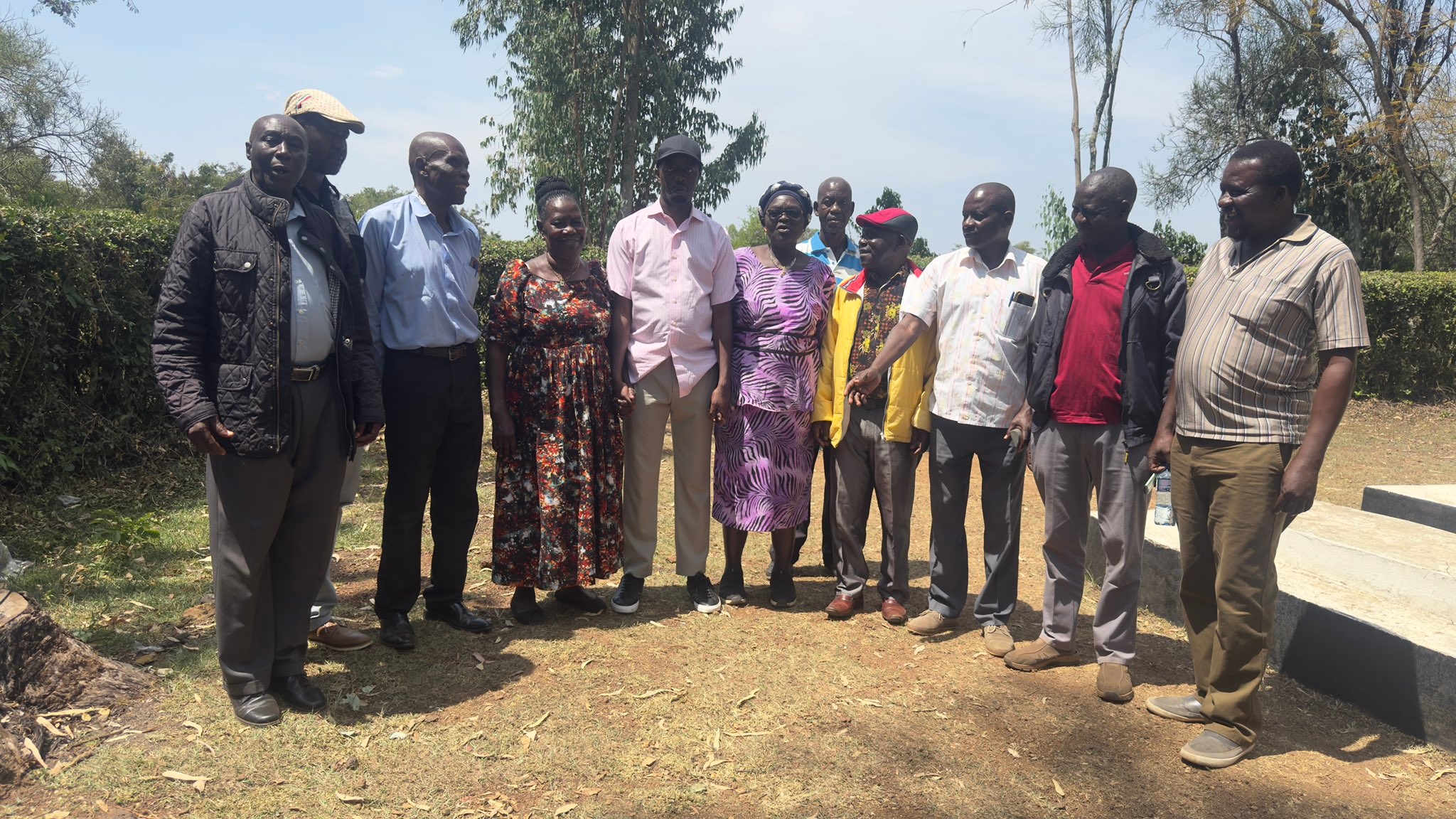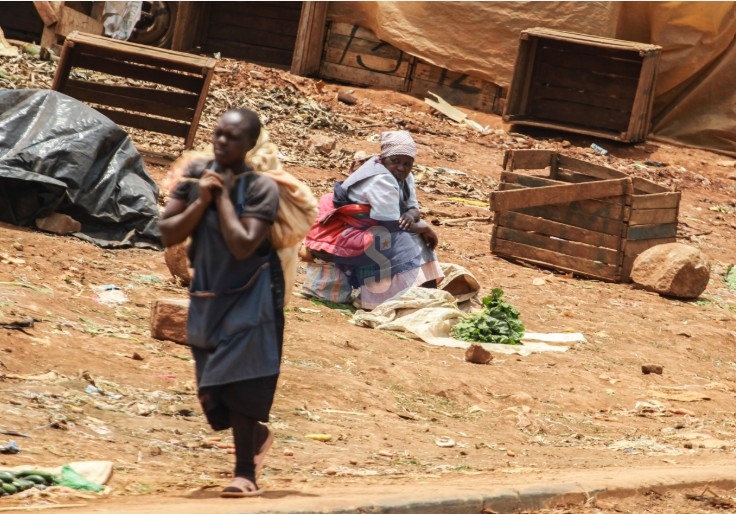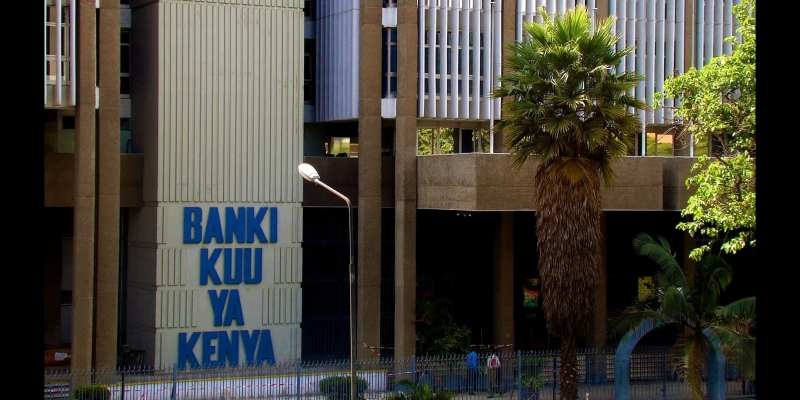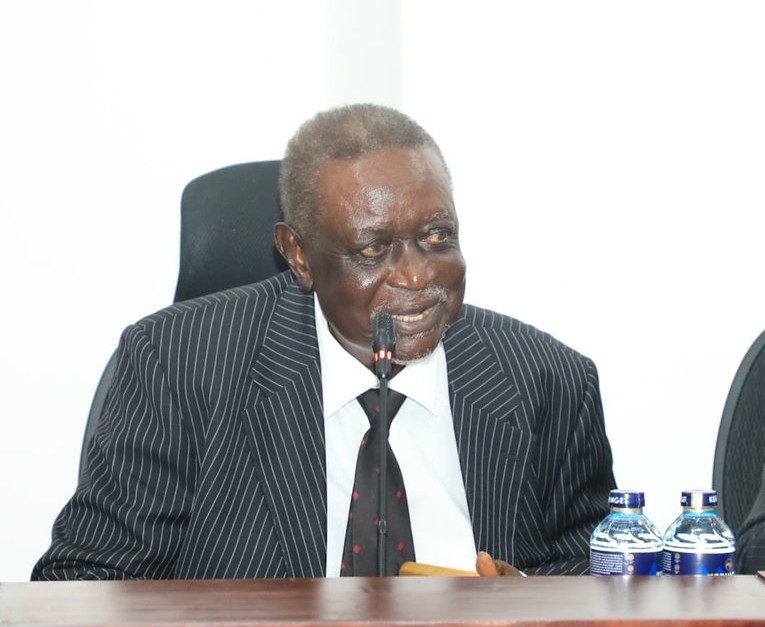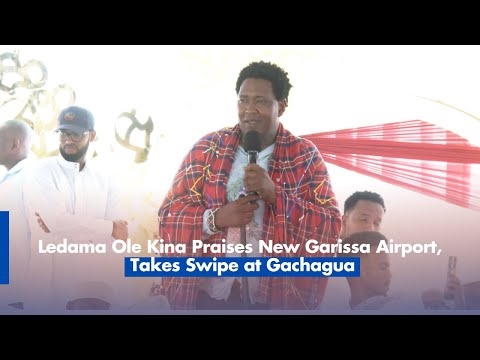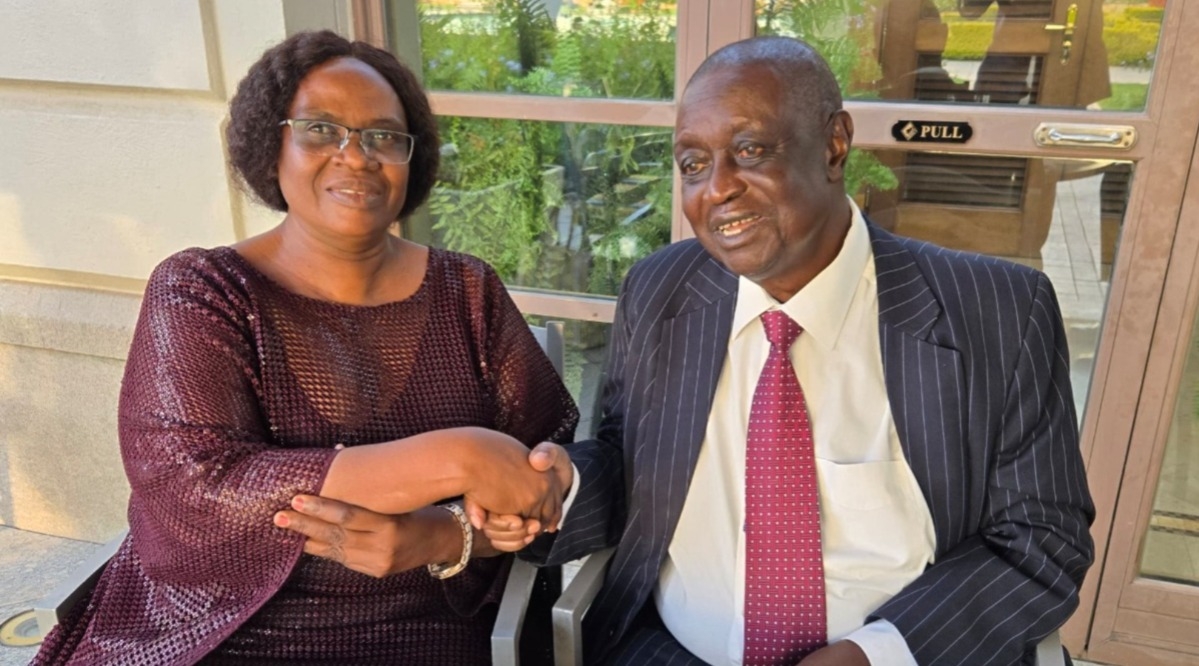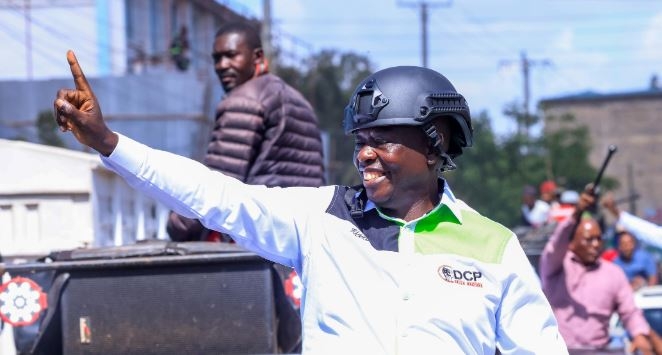This year's Kwale Annual Cultural Competitions was unique as it marks the history of the once-forgotten Pemba community.
The tribe was early this year granted citizenship by the state after years of sweat-seeking recognition.
Before being granted citizenship, the Pemba community didn't feature in such events.
Instead, they hid their identities fearing arrests and stigma of statelessness.
But during this year's Kwale Cultural competitions, the community got the golden opportunity to showcase their rich culture and traditions.
Although various tribes armed themselves to the teeth for the occasion so did the Pemba's.
With their famous drum known Kindumbaki, the pemba danced to the rhythm catching the attention of other communities.
The Kindumbaki drum is special for the male circumcision, wedding and top dignitaries’ ceremonies.
The community wore white T-shirts carrying the message of 'No longer Excluded at the front and at the back printed 'I belong'.
The Pemba beautiful songs also filled the air attracting many people who had come to witness the grand cultural extravaganza.
For them it is not about the competition but the freedom and being part of the Kenyan tribes.
Biasha Sharrif Shaame couldn't hide her joy as she showcased the not known Pemba cultures to other communities.
"Thanks to our President Ruto, for the first time we get to show the world our culture and traditions," she said.
Shaame said for them it's a whole new world and life adding that interacting with other communities freely is a dream come true.
She said the Pemba's are now recognized a feeling that can't be expressed.
The woman said demonstrating their cultures is like waking up to a bright morning after a long night full of darkness.
Shaame said conserving culture is very crucial to them.
She said before they feared that their history would go to extinct because of being stateless.
She said many of their children didn't know about their cultures and traditions but with the recognition they are now able to transfer it to the next generation openly and proudly.
Hamadi Kombo said they are happy to be free and feel appreciated adding that it was not easy for them to interact with state officers or engage in government programmes.
Kombo said they have never felt so alive before because of the burden of non-citizenship.
He said they don't take the opportunity for granted and will always be grateful.
Kombo said they will work hard to recollect themselves, improve their culture and showcase it.
He said they are going to use culture to instil discipline and fight crime, drug abuse and other social vices.
Kombo also said they will take advantage of the cultural festivals to sell their culture, history and create employment opportunities.
For many years, the Pemba's depended on unproductive fishing and casual work.
Kombo said life has changed since they got citizenship.
He said they now own not only property but also their culture that they have fought hard to maintain.
Kombo said culture and tradition is what defines a community and it is an honour for them to be allowed to carry and share their history.
Jumambwara Ali Hatibu said many Pemba people are talented but were not able to nurture their skills for lack of citizenship.
He said with the recognition, they have got the opportunity to identify and nurture talents.
Hatibu said they have extraordinary skills that if well nurtured can amaze the world.
"We have good dancers, seafarers and divers but they are not known," he said.
The 43 year-old said the most important thing about the cultural event is that the Pemba's were not excluded and brings some sense of belonging to the entire community.
It is believed that the Pemba community entered Kenya from Zanzibar before independence and settled on a 10 mile coastal strip.
A larger population of the community is found in Kwale followed by Kilifi and Mombasa. Others are found in Nakuru, homabay and Kisumu.
In Kwale they are mainly concentrated in the small villages of Kichakamkwaju, Shimoni, Gazi, Vanga and Mangwei.
The wealth of the Pemba Community lies in their best skills in fishing, sea diving and seafaring.
Living without title deeds, social security, access to studies or fishing permits and marginalized for years inhibited their growth but these would be a matter of the past following their recognition by the government.
The state begun registering the Pemba's early this year and since then many have obtained identity cards opening doors of new opportunities for the community.





